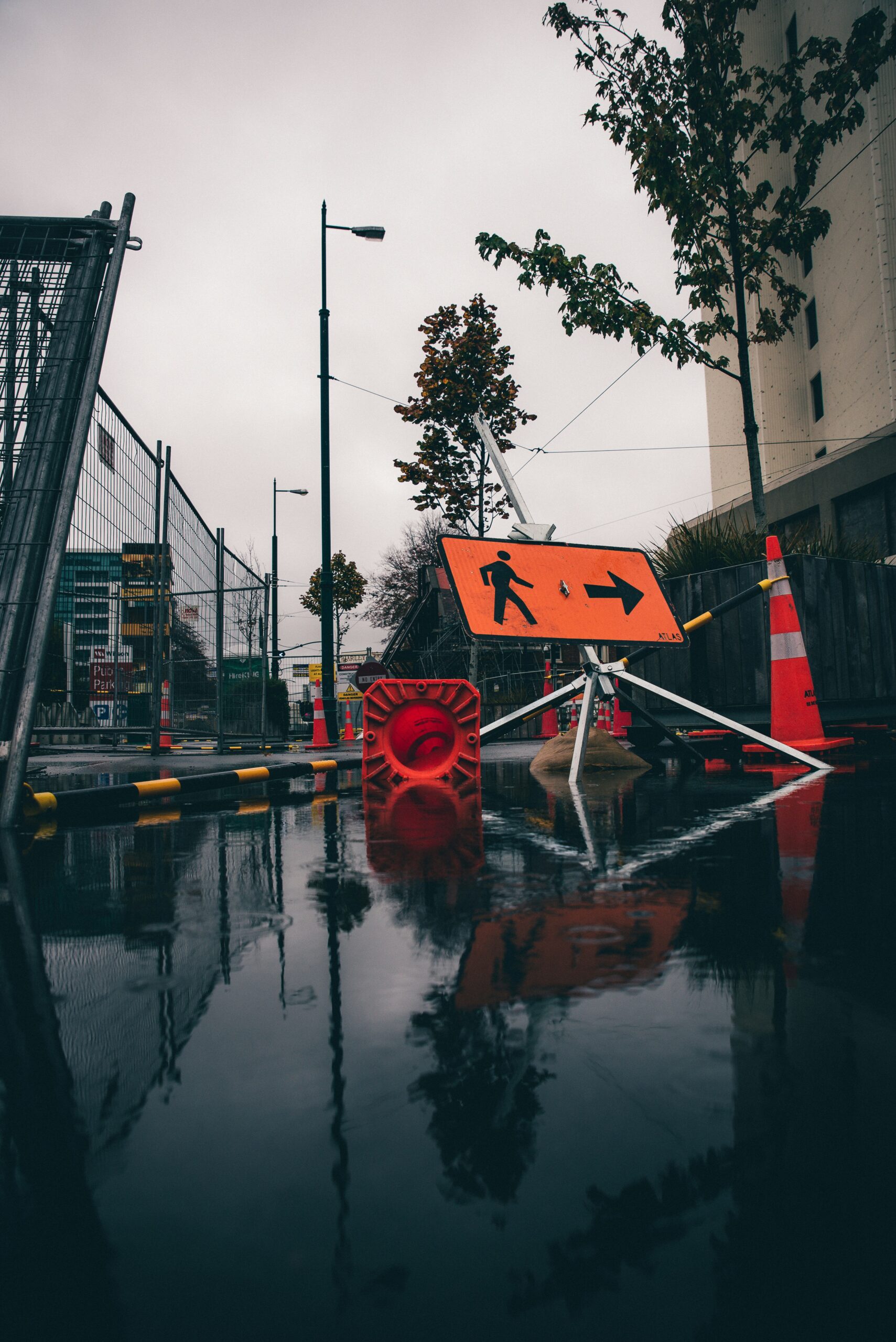In New Zealand, natural disasters such as earthquakes, floods, and storms can occur with little warning. Being prepared can make a significant difference in how you and your loved ones cope during and after a disaster. Here’s a guide to help you prepare effectively:
1. Create a Household Emergency Plan
- Discuss Risks: Identify the types of disasters that could affect your area. The New Zealand Civil Defence website provides detailed information on risks specific to different regions.
- Meeting Points: Establish safe meeting points both inside and outside your home. Choose a safe place to meet if you can’t return home.
- Emergency Contacts: Make a list of emergency contacts, including family, friends, and local emergency services. Ensure everyone in the household has a copy.
- Evacuation Routes: Plan and practice evacuation routes from your home. Familiarise yourself with community evacuation plans if available.
2. Assemble Emergency Survival Items
- Water: Store at least three litres of water per person per day for three days.
- Food: Stock up on non-perishable food items for at least three days. Include items that don’t require cooking or refrigeration.
- First Aid Kit: Ensure you have a comprehensive first aid kit, including any prescription medications.
- Essential Supplies: Pack items such as a flashlight, batteries, a multi-tool, blankets, hygiene products, and a battery-powered radio.
- Personal Documents: Keep copies of important documents (ID, insurance papers, etc.) in a waterproof container.
3. Prepare Your Home
- Secure Heavy Items: Anchor heavy furniture and appliances to walls to prevent tipping during an earthquake.
- Safe Zones: Identify safe spots in each room, such as under sturdy furniture, away from windows and heavy objects.
- Utility Shut-off: Learn how to turn off the gas, water, and electricity in your home where possible. Ensure all household members know how to do this.
4. Stay Informed
- Emergency Alerts: Sign up for emergency alerts through the Civil Defence website or local authorities.
- Weather Updates: Regularly check weather forecasts and updates, especially during storm seasons.
- Community Plans: Familiarise yourself with your community’s disaster response plan and local Civil Defence centres.
5. Special Considerations for Pets
- Pet Emergency Kit: Include food, water, and supplies for your pets in your emergency kit.
- Safe Locations: Plan where your pets can stay if you need to evacuate. Not all shelters allow pets, so check local regulations.
6. Get Involved in Community Preparedness
- Community Groups: Join or form local emergency preparedness groups to share resources and information.
- Training: Participate in first aid, CPR, and other emergency response training offered by Civil Defence or local organisations.
Conclusion
Preparation is key to ensuring safety during a disaster. By following these steps and utilising resources from the New Zealand Civil Defence, you can help protect yourself, your family, and your community. Stay informed, stay prepared, and stay safe.
For more detailed information and resources, visit the New Zealand Civil Defence website and Get Ready.
